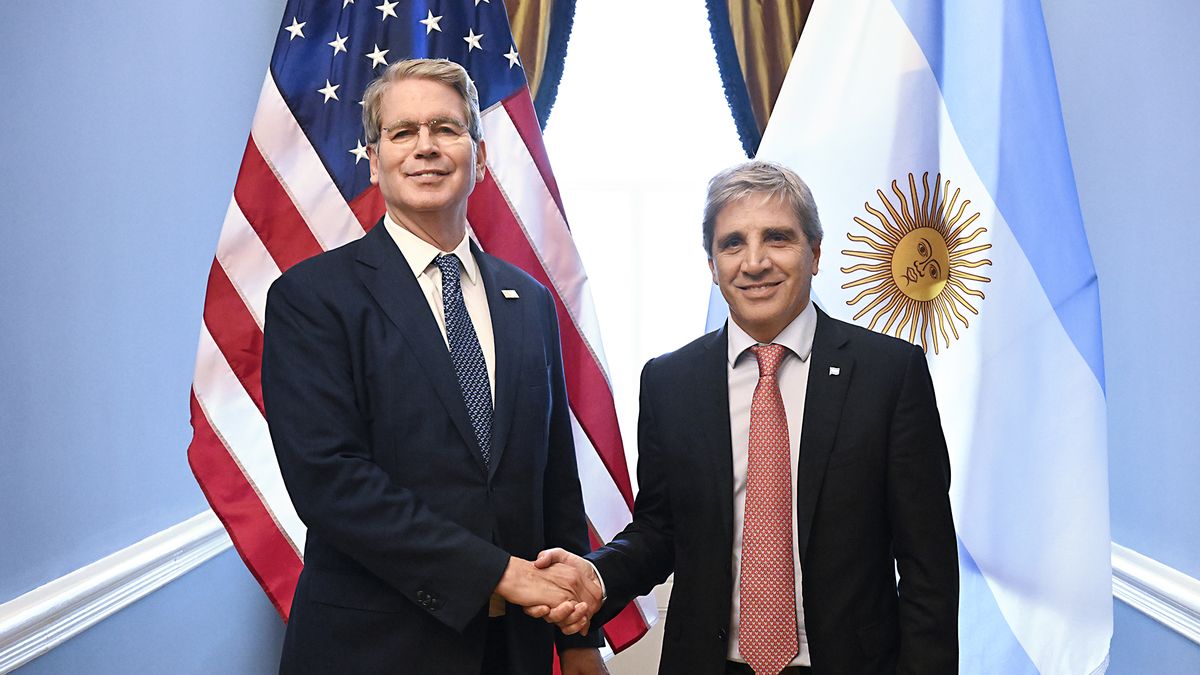In the first six months of his administration, the president of the Argentine Republic, Javier Gerardo Milei, has achieved what few Argentine presidents have previously achieved, an international media presence, and being a reference in political/economic forums and gatherings of other nations, which would normally not pay attention to our country. Using a category that corresponds to another genre, we could say that Milei has become a subject of influences.
The content you want to access is exclusive to subscribers.
And this draws attention in some sectors and media that are perhaps the most serious expression of the national interests of the United States of America. That is to say, examining how Javier Milei is seen from that perspective allows us to take note of Argentina’s external alignment with respect to the various hegemonisms that are currently competing on the world stage.


In a recent note in the economic and military political analysis publication The National Interest, the headline reads: “President Javier Milei has turned Argentina’s foreign policy in a pro-American, pro-NATO direction.” And the note points out that this has positioned Argentina as a key ally in the regional security of the Western Hemisphere, following the turn that the former president would have already given. Carlos Saul Menem, with its policy of automatic alignment with American interests. And it gives particular importance to alignment with the NATO, noting that: “Becoming a NATO Global Member, like Colombia, is an official NATO status (unlike extra-NATO Allied status, which only confers benefits from the United States) and will allow “Argentina will participate in a wide range of NATO activities in critical areas such as cyber defense, counterterrorism and non-proliferation, as well as potentially joining NATO military operations if the Argentine Armed Forces regain full operational capabilities.”
The note celebrates this situation, which is a radicalization of the union that President Carlos Saúl Menem had achieved when Argentina became an extra-NATO Ally. Now, it is virtually a formal entry into the North Atlantic alliance, which could include the obligations that this treaty imposes on its members, that is, the obligation of mutual defense against foreign aggression.
A mere observation of the map shows that Argentina is a South Atlantic nation. And this is not a geographical obviousness, but rather it allows us to understand that the community of external interests of the Argentine Republic, which includes the fishing and natural resources of the South Atlantic, the Antarctic issue, and trade flows towards the Asia-Pacific area, has no absolutely nothing to do with either the history or the present of European and North Atlantic political dynamics.
And if we add to this the possible delivery of Argentine weapons to the Ukrainian government, the picture becomes enormously complicated for our foreign policy. It is about abandoning a Latin American position that privileges the political and economic ties of the southern hemisphere to enter into an alliance and a geography that is not totally foreign, and that today is a belligerent alliance in a conflict that has been instigated in part by the hegemonic policies of the Atlantic alliance.
Taking on the role of global member of NATO as the article points out is an extreme risk for our nation with no real benefit we can take. The only possible benefit is the rearmament of our armed forces, a rearmament with European scrap and in turn oriented towards interoperability with NATO defense systems, so that our armed forces can join a conflict that is not in any potential scenario. risk of our nation.
It is necessary that political forces make the greatest possible effort to prevent such burdensome accession, which conflicts with the entire tradition of active neutrality that has honored our nation.
Master in Communication, Culture and Media Speeches. (UNLAM). Graduate in Social Communication (UNLAM). Professor in History. Writer. Published book “Fake News: All news is false until proven otherwise”
Source: Ambito
David William is a talented author who has made a name for himself in the world of writing. He is a professional author who writes on a wide range of topics, from general interest to opinion news. David is currently working as a writer at 24 hours worlds where he brings his unique perspective and in-depth research to his articles, making them both informative and engaging.




